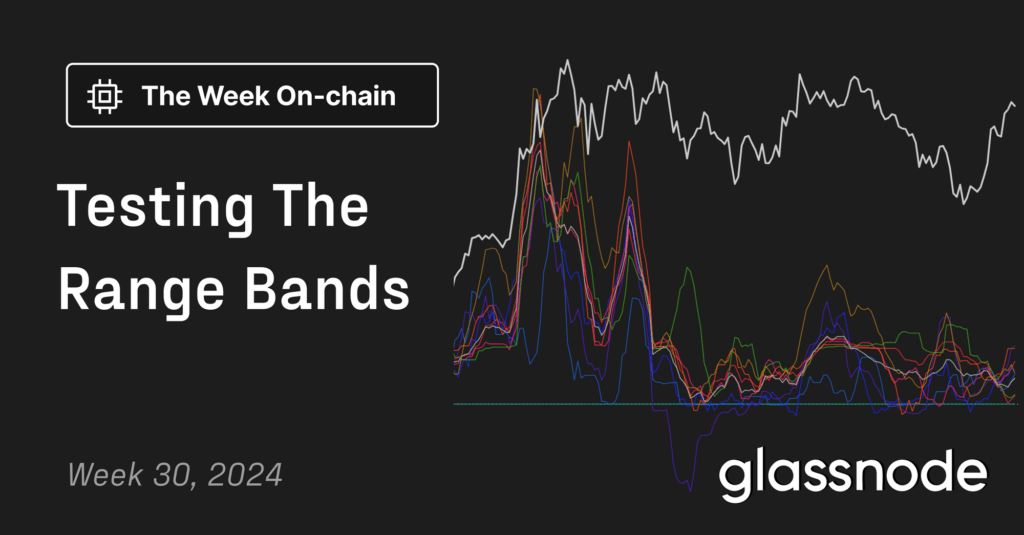Podcast Summary
This podcast episode delves into the historical and current roles of central banks, the implications of their policies, and the potential for a future without them. It explores the concept of fractional reserve banking, the impact of inflation, and the potential of Bitcoin and decentralized finance. The discussion also touches on wealth redistribution, the widening wealth gap, and the potential for financial repression.
Key Takeaways
The Role and Limitations of Central Banks
- Historical Background: Central banks, like the Bank of England, were initially established to fund wars. Today, they act as lenders of last resort during financial instability and control the money supply.
- Centralization Concerns: The power of central banks to set the price of money can have distortion effects on the economy. Their role in funding government deficits is also a concern.
- Fractional Reserve Banking: This system, where banks lend out a portion of the deposits they receive, can lead to liquidity issues during bank failures.
Inflation and Its Implications
- Causes of Inflation: Excessive bank lending or large monetized fiscal deficits can cause inflation, leading to distortions in the economy.
- Impact on Wealth Gap: Inflation is currently impacting businesses and individuals, leading to the closure of businesses and a widening wealth gap.
- Government’s Role: Rebalancing the economy and closing the wealth gap may require both government intervention and a focus on building a productive economy.
Bitcoin and Decentralized Finance
- Alternative to Central Banks: The success of Bitcoin could potentially lead to a decentralized banking system where banks issue their own money.
- Risks and Concerns: State confiscation of Bitcoin is a significant concern. Financial systems becoming more surveilled and controlled could lead to clampdowns on Bitcoin usage.
- Bitcoin Collateralized Lending: The interest rates for borrowing against Bitcoin are currently higher than traditional loans, but rates in decentralized finance (DeFi) applications are lower due to collateralization and lack of physical banks.
Financial Repression and Wealth Redistribution
- Financial Repression: Countries like Argentina and Turkey use financial repression to slow down currency crises, often disguised as measures to combat money laundering and maintain bank stability.
- Wealth Redistribution: The government’s role in redistribution is often a response to decades of quietly distributing money from the poor to the wealthy. The 2008 banking crisis is an example of wealth redistribution from the poor to the wealthy.
- Impact of Quantitative Easing: The distribution of stimulus checks and emergency loans during the pandemic benefited certain groups more than others, leading to what is referred to as socialism for the rich.
Sentiment Analysis
- Bearish: The podcast expresses a bearish sentiment towards the current central banking system, highlighting its limitations, the distortion effects of its policies, and the potential for a future without them.
- Bullish: There is a bullish sentiment towards Bitcoin and decentralized finance as potential alternatives to the current banking system. However, the podcast acknowledges the risks and challenges associated with these alternatives.
- Neutral: The podcast maintains a neutral stance on the role of the government in wealth redistribution and closing the wealth gap. It acknowledges the need for government intervention but also highlights the potential negative consequences of such actions.












